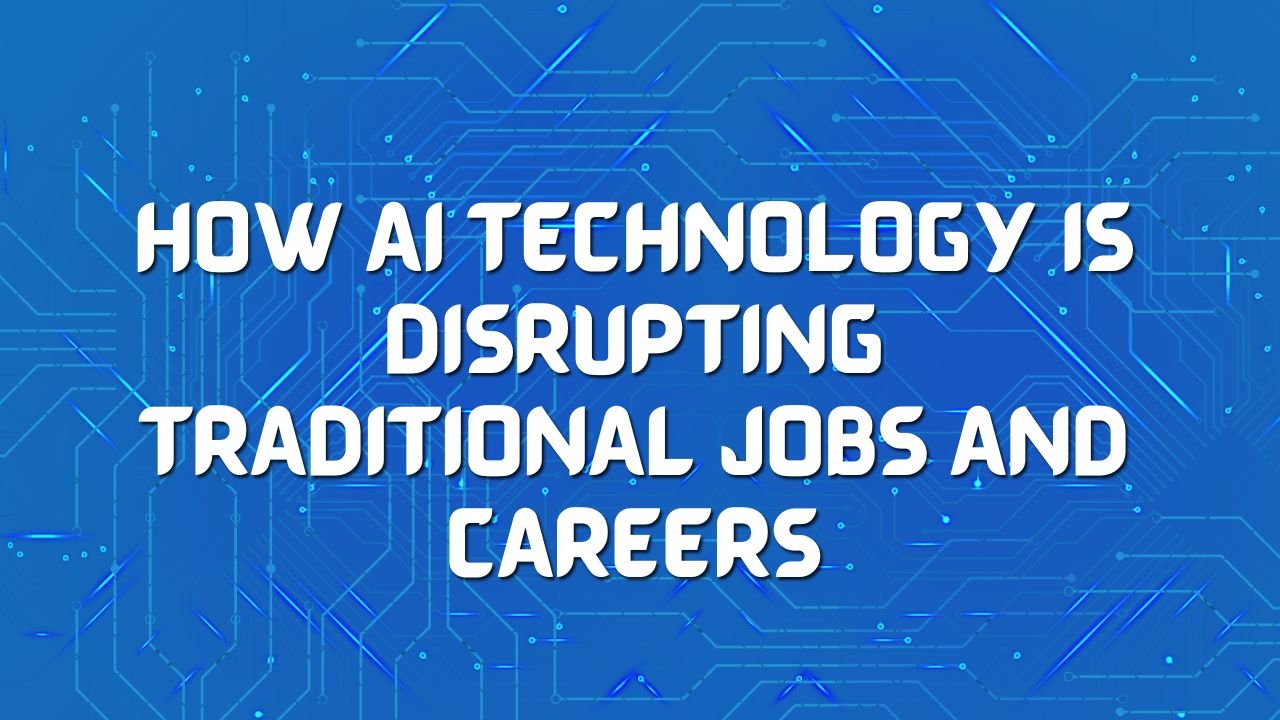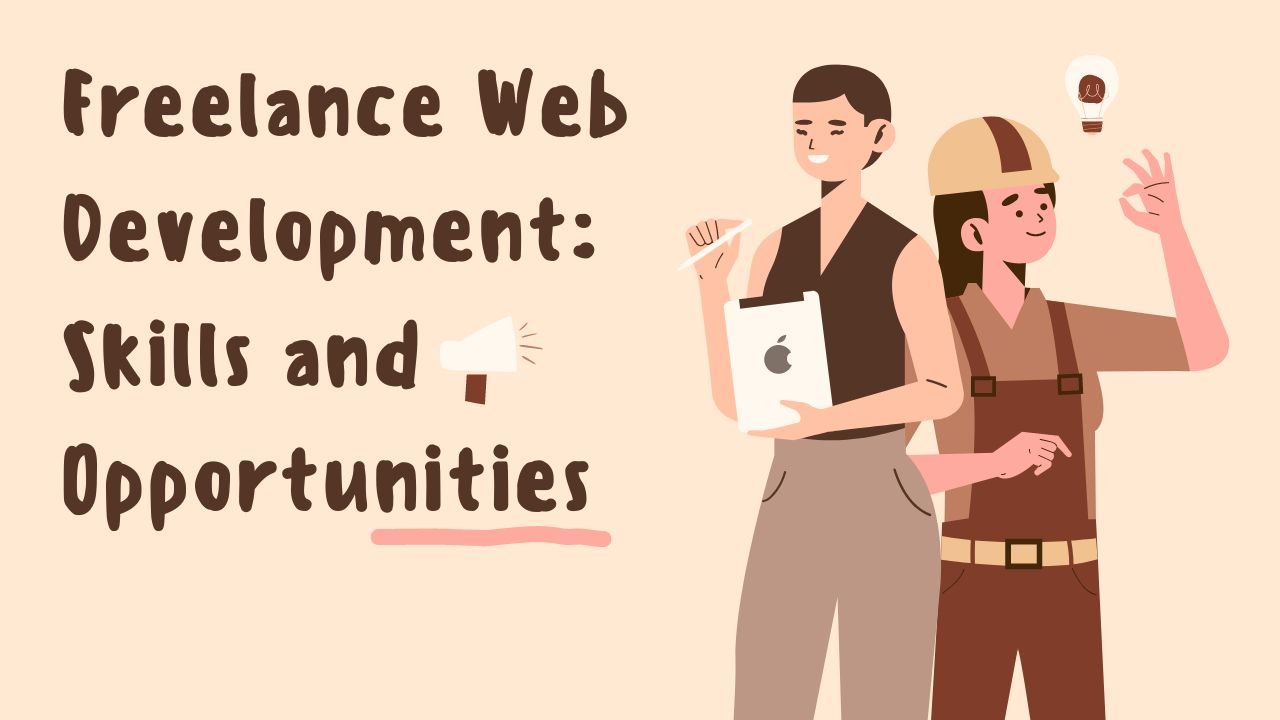Artificial intelligence (AI) technology is the ability of machines to perform tasks that normally require human intelligence, such as perception, reasoning, learning, decision making and problem solving. AI technology is rapidly advancing and becoming more accessible, affordable and scalable for various industries and sectors. In this article, we will explore how AI technology is disrupting traditional jobs and careers, and what implications it has for the future of work.
AI Replaces or Displaces Human Workers
One of the most obvious ways that AI technology is disrupting traditional jobs and careers is by replacing or displacing human workers in some tasks or sectors that can be performed faster, better or cheaper by machines. According to a report by Goldman Sachs, around 300 million jobs could be affected by AI technology, meaning 18% of work globally could be automated. Some of the jobs that are most likely to be replaced or displaced by AI technology include:
- Data entry, accounting, customer service, quality inspection and other routine, tedious or complex tasks that can be automated by AI software or robots.
- Salespeople, teachers, doctors, lawyers and other knowledge workers that can be augmented or replaced by AI tools or platforms that can provide data analysis, insights, recommendations, content generation, etc.
- Drivers, delivery workers, warehouse workers and other transportation or logistics workers that can be replaced by autonomous vehicles or drones.
AI Creates New Jobs and Roles
Another way that AI technology is disrupting traditional jobs and careers is by creating new jobs and roles that require expertise in AI, machine learning, data analytics and other emerging technologies. According to a report by the World Economic Forum, around 133 million new jobs could be created by AI technology, meaning 8% of work globally could be transformed. Some of the new jobs and roles that are created by AI technology include:
- Data scientists, AI engineers, machine learning developers and other technical workers that can design, build, test and deploy AI solutions.
- Data analysts, data stewards, data translators and other data workers that can collect, clean, label and enrich data for AI analysis.
- AI ethicists, AI auditors, AI regulators and other ethical, legal and social workers that can ensure that AI solutions are responsible, ethical, fair, accountable, transparent and trustworthy.
AI Transforms Existing Jobs and Roles
A third way that AI technology is disrupting traditional jobs and careers is by transforming existing jobs and roles by changing the tasks, skills and competencies required for them. According to a report by McKinsey, around 375 million workers could need to switch occupations or acquire new skills by 2030 due to the impact of AI technology. Some of the existing jobs and roles that are transformed by AI technology include:
- Marketing managers, product managers, project managers and other strategic workers that can leverage AI tools or platforms to improve their decision making, planning, execution and evaluation.
- Journalists, writers, artists, musicians and other creative workers that can collaborate with AI tools or platforms to generate novel and diverse outputs.
- Teachers, trainers, coaches and other learning workers that can use AI tools or platforms to deliver personalized, interactive and engaging education, training or coaching.
Conclusion
AI technology is transforming the nature of work by providing data-driven, intelligent and automated solutions that can improve performance, efficiency, quality, innovation and customer value. AI technology can also create new opportunities, challenges and risks for workers and employers that need to adapt to the changing labor market. As AI technology continues to evolve and mature, workers and employers need to embrace it and leverage it to gain a competitive edge and achieve their goals.




